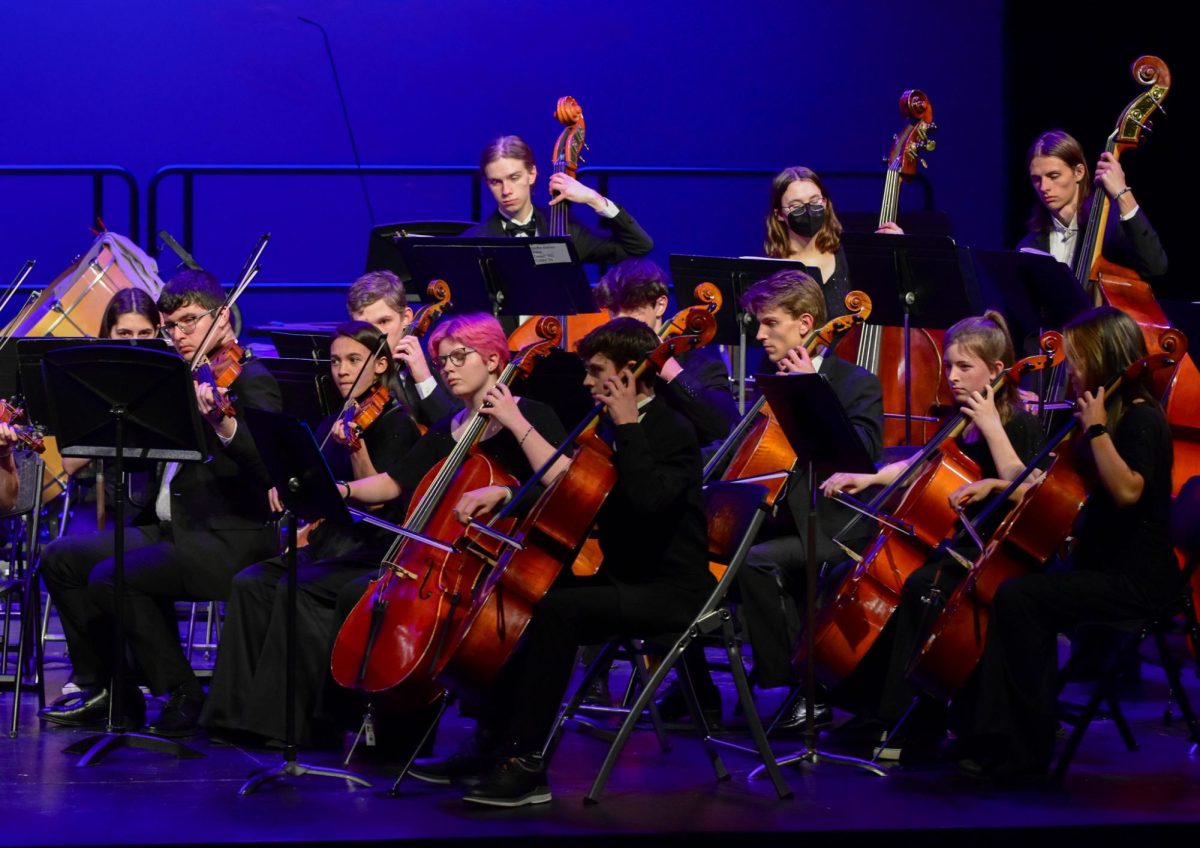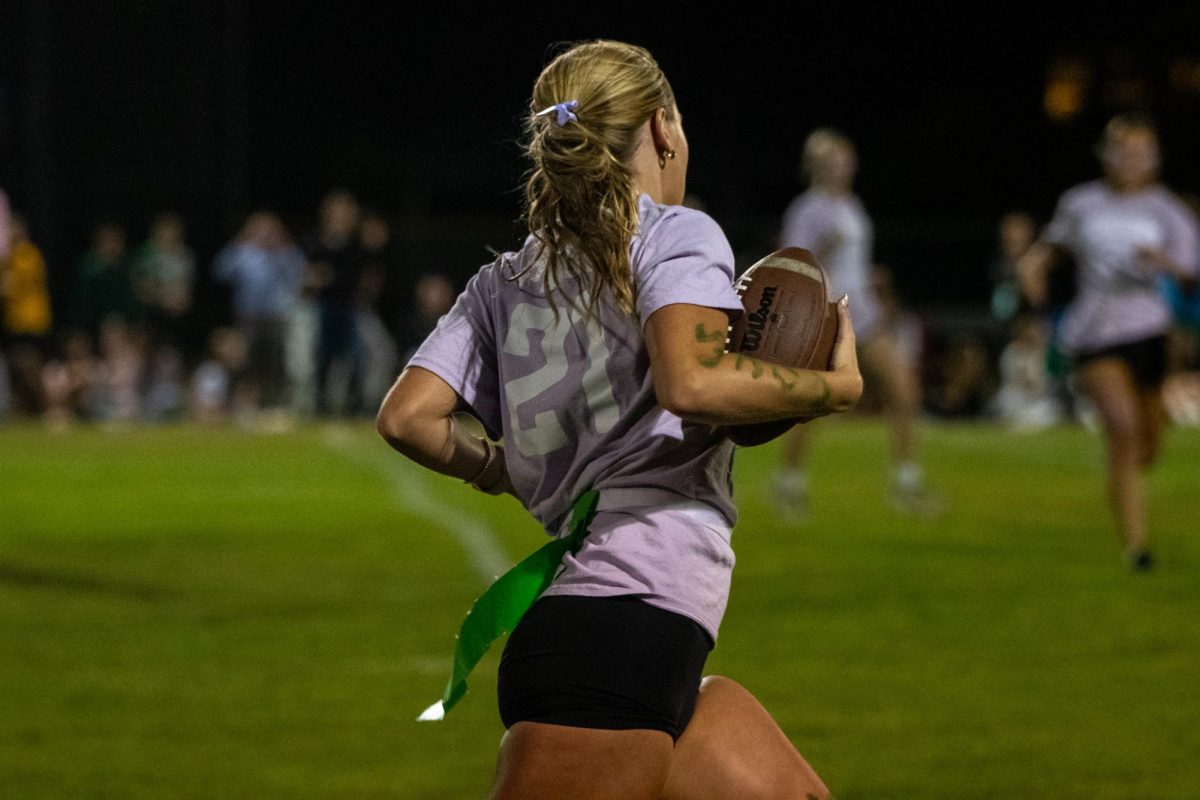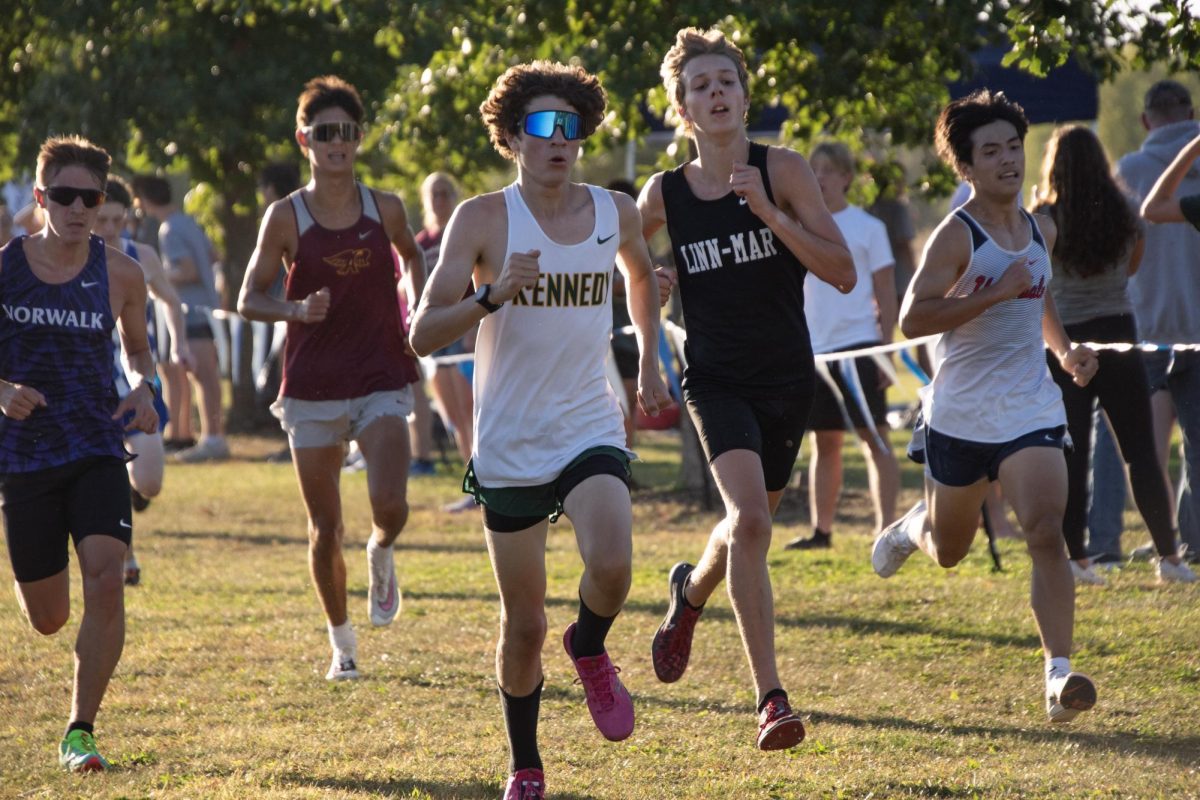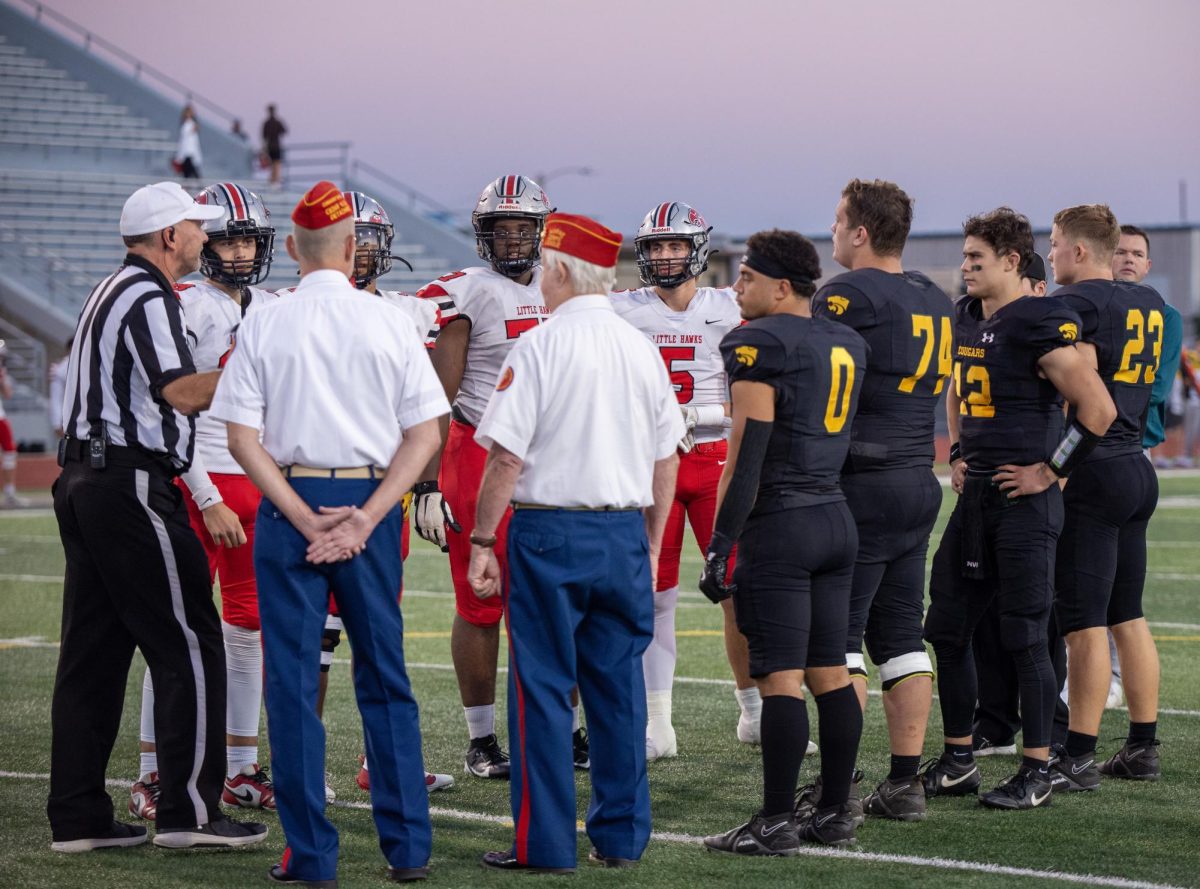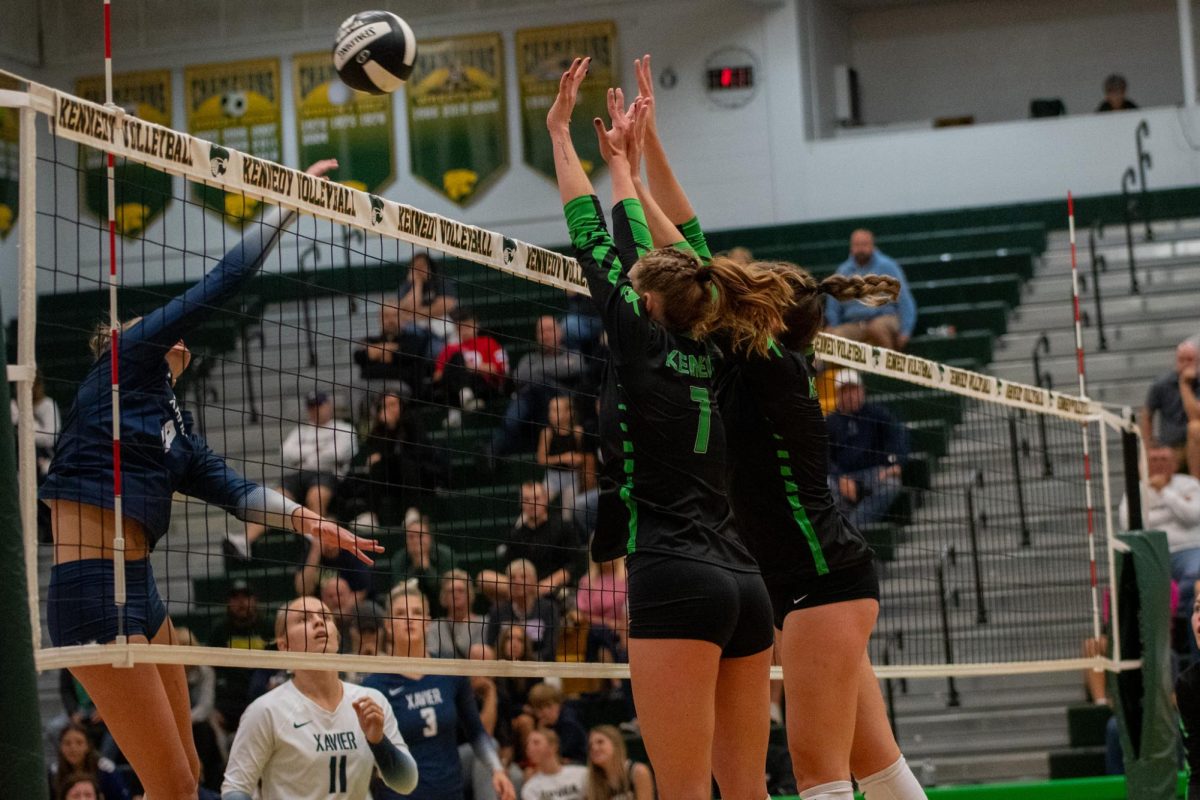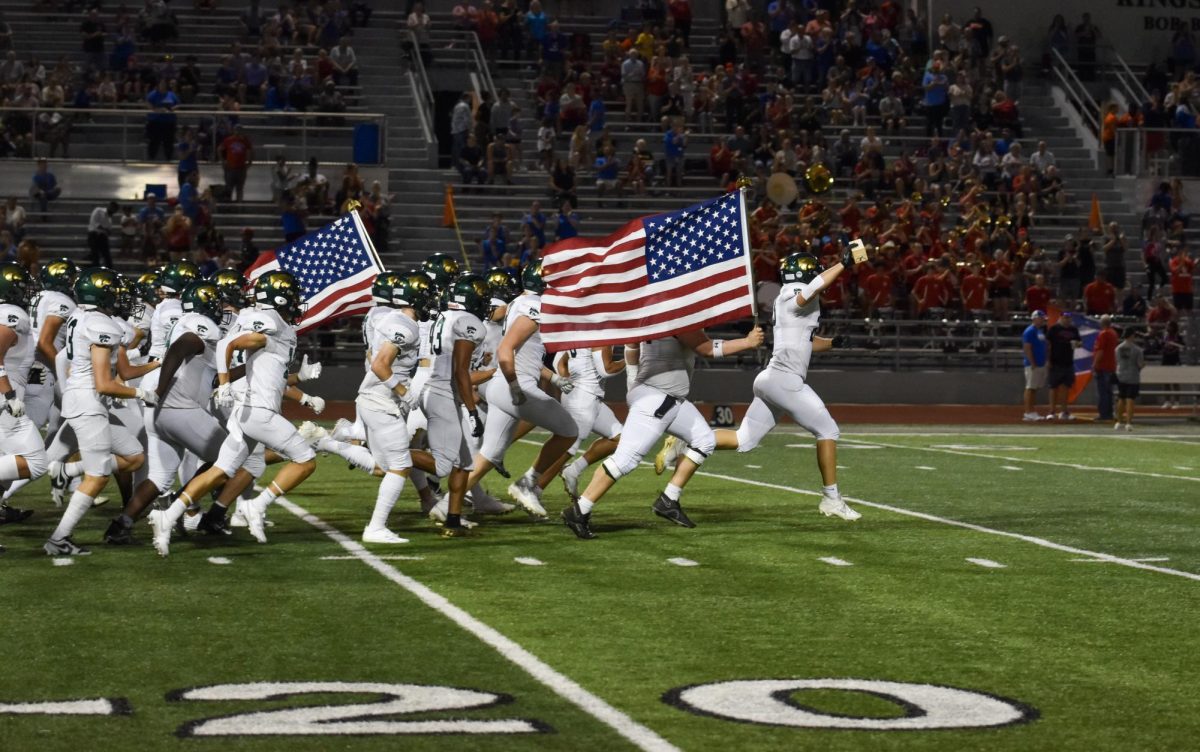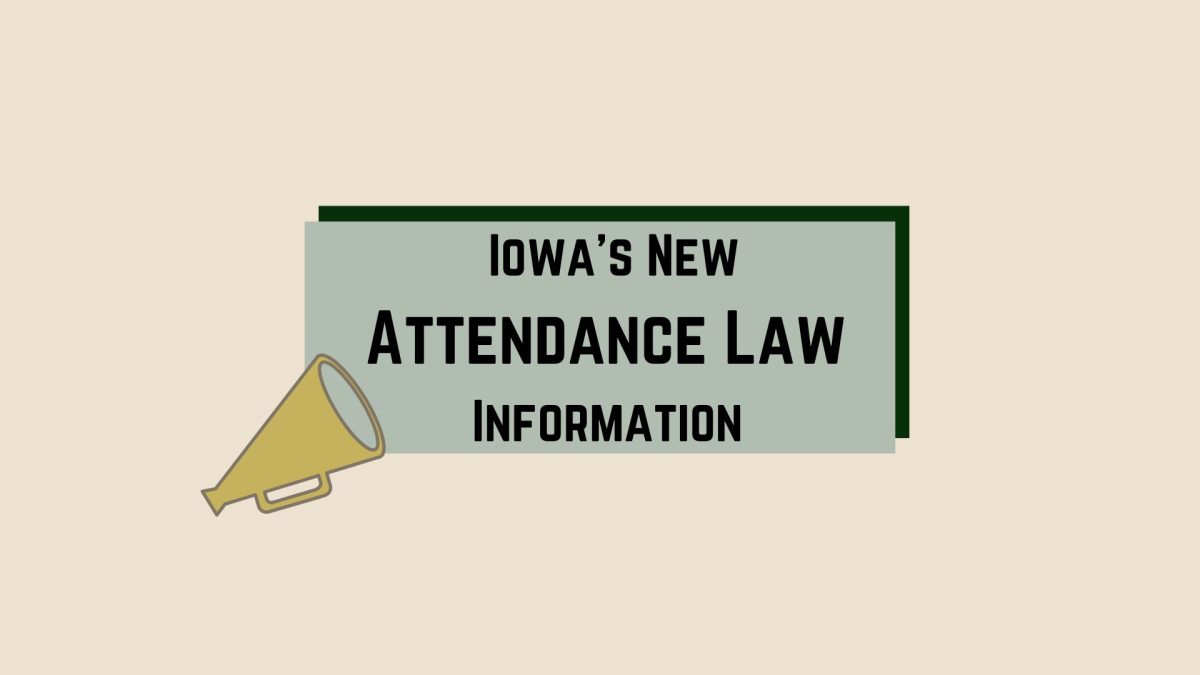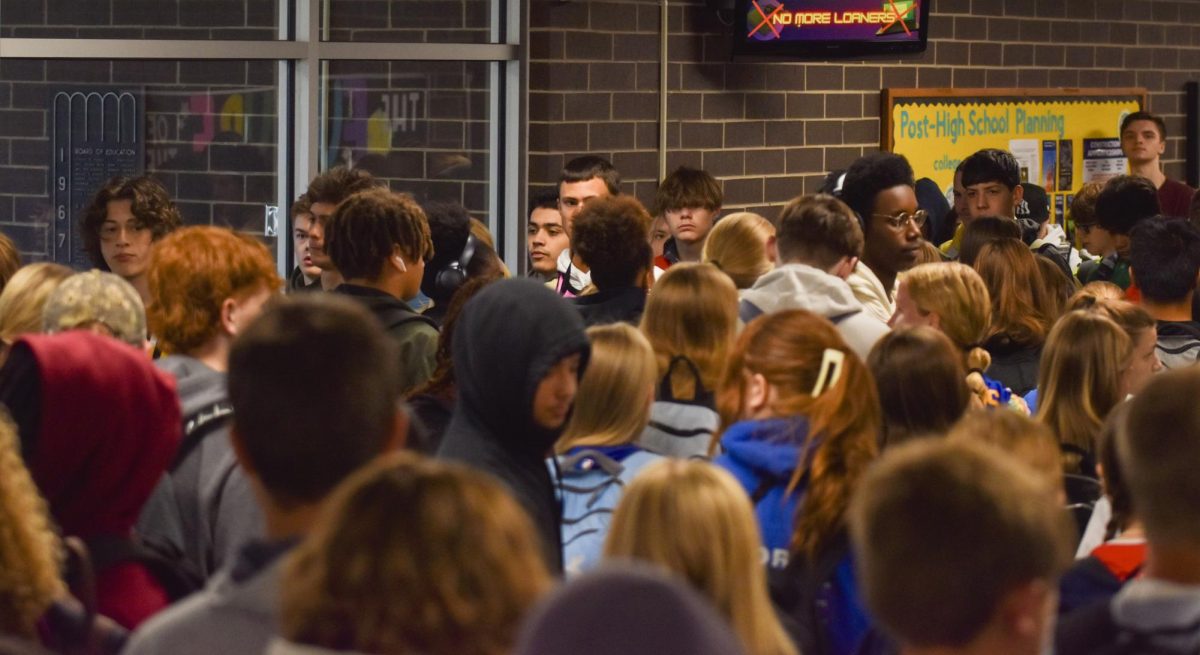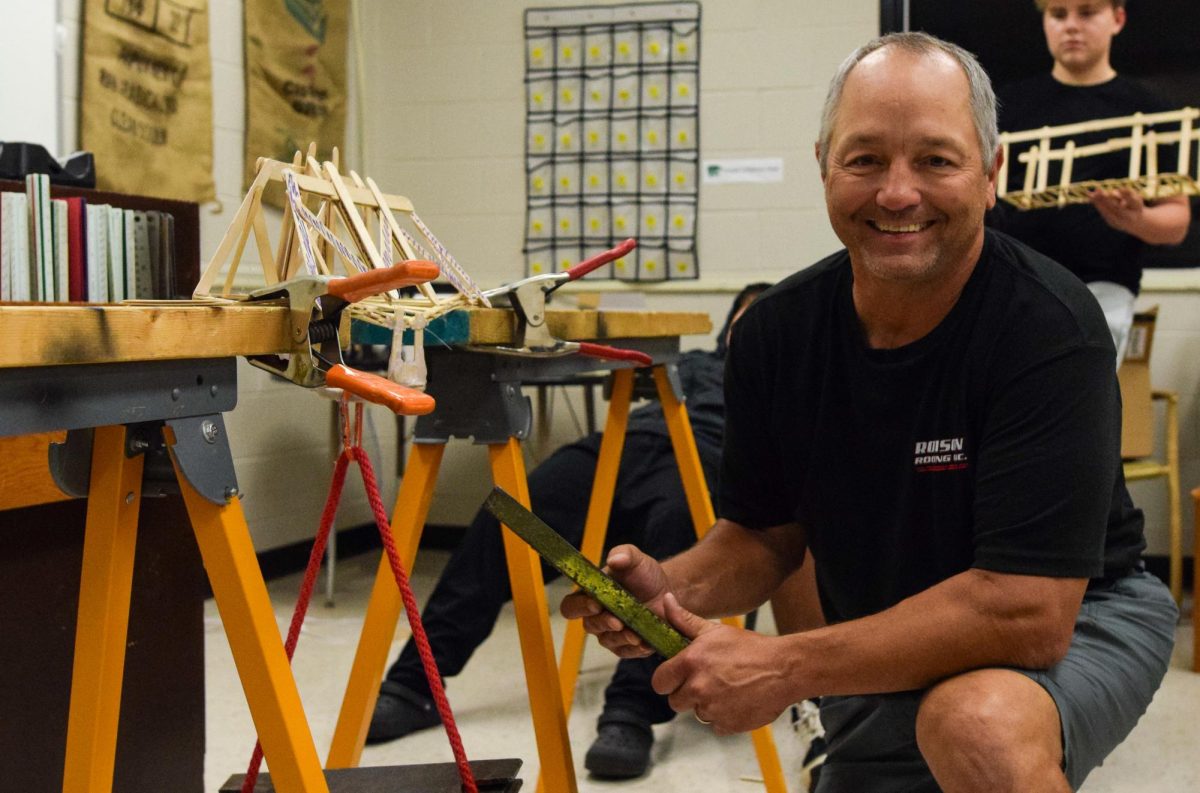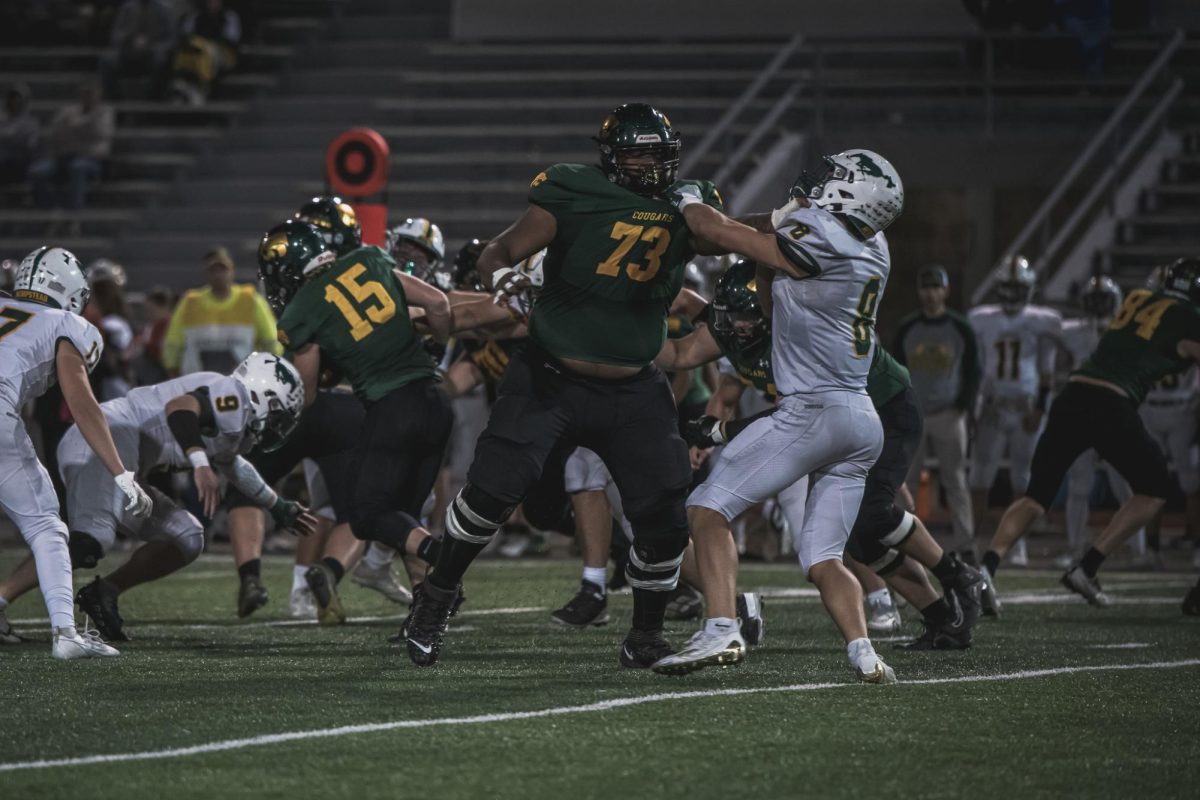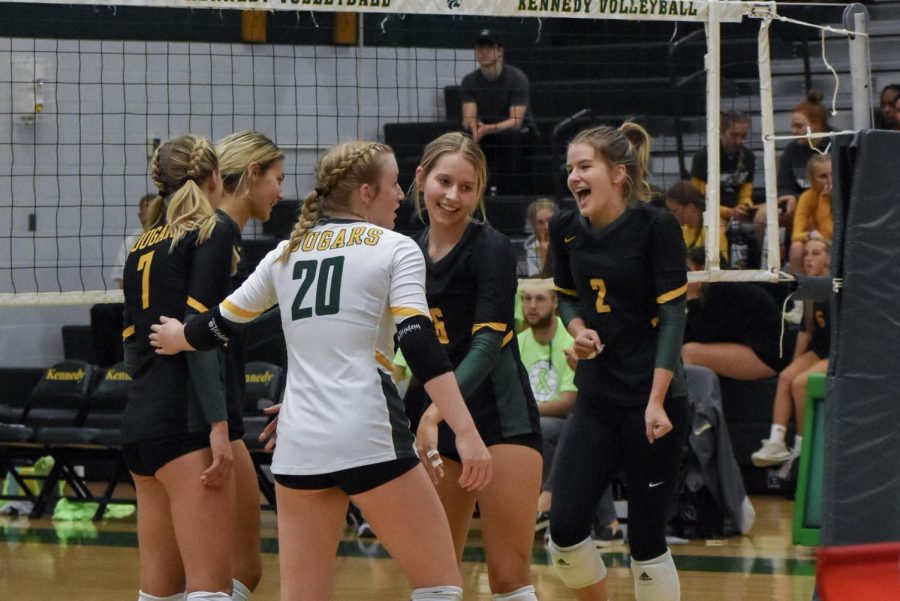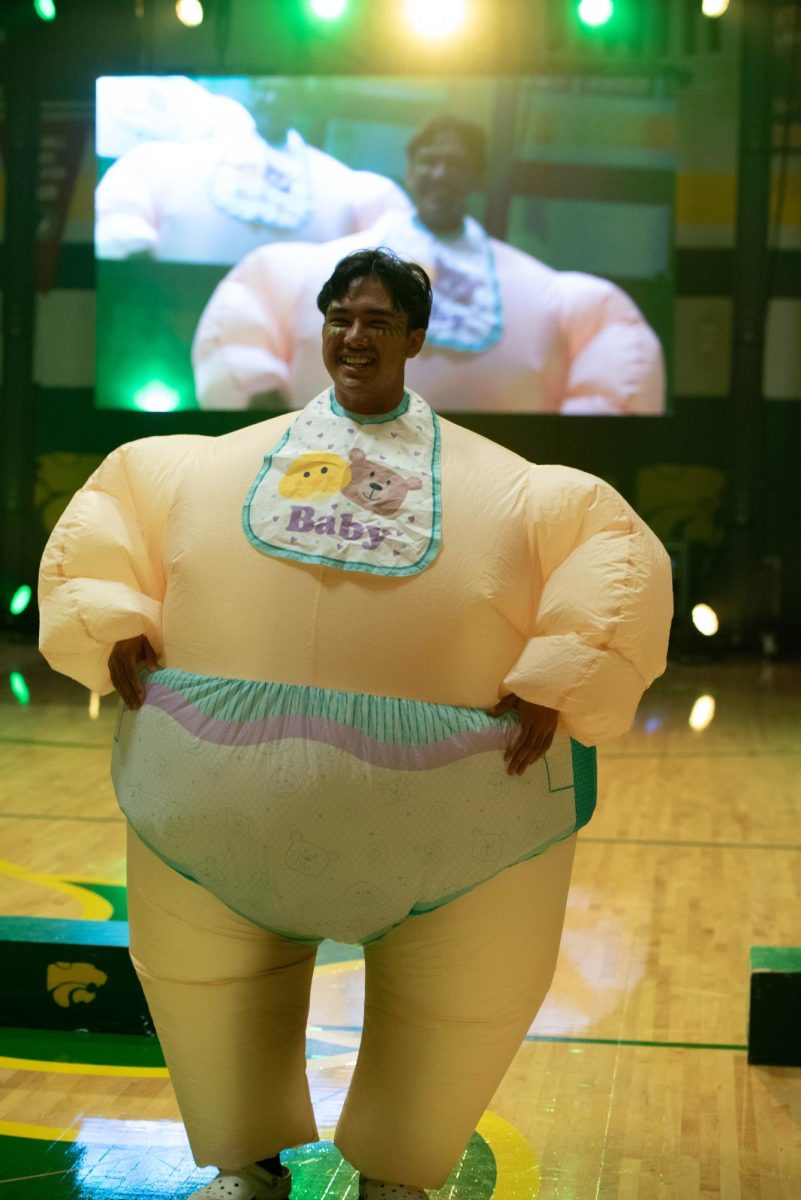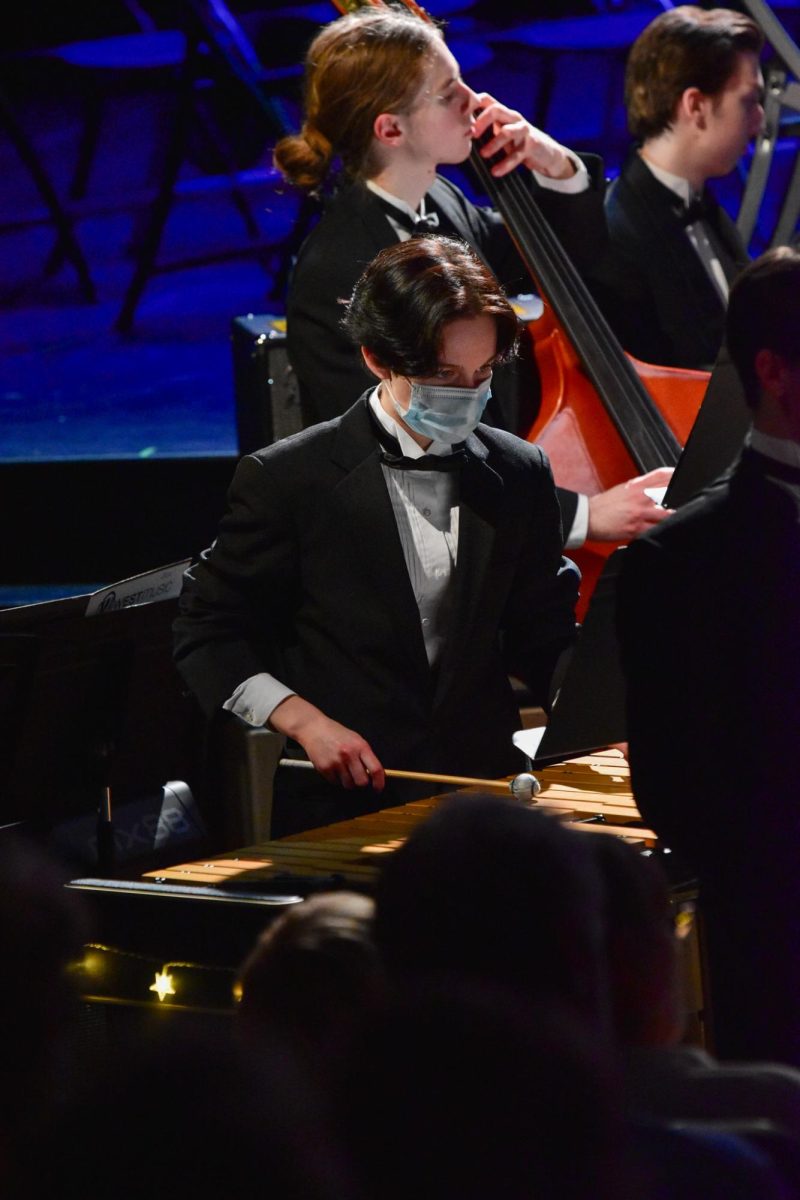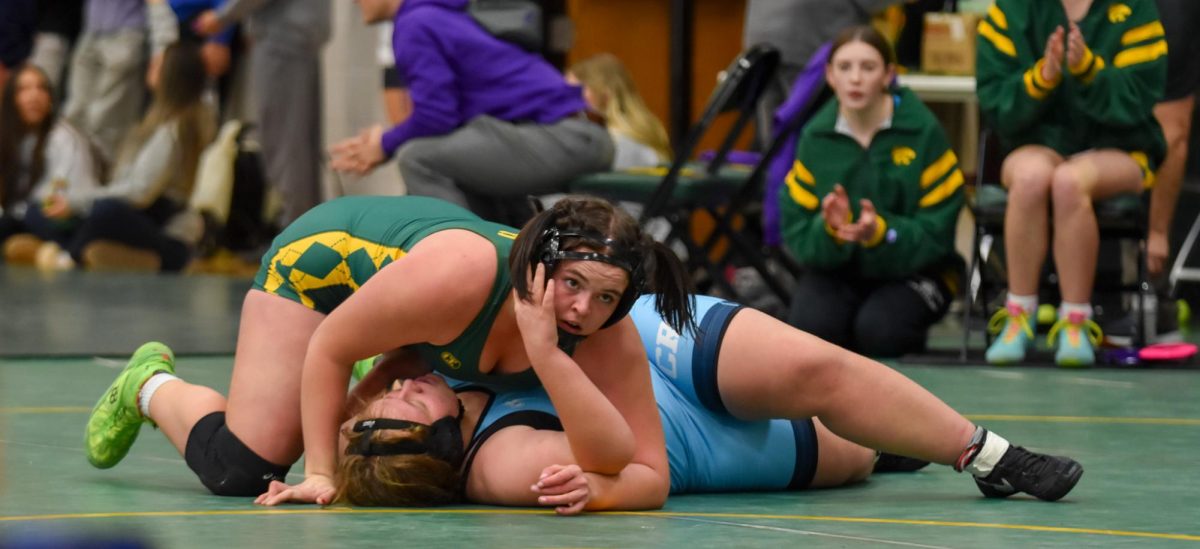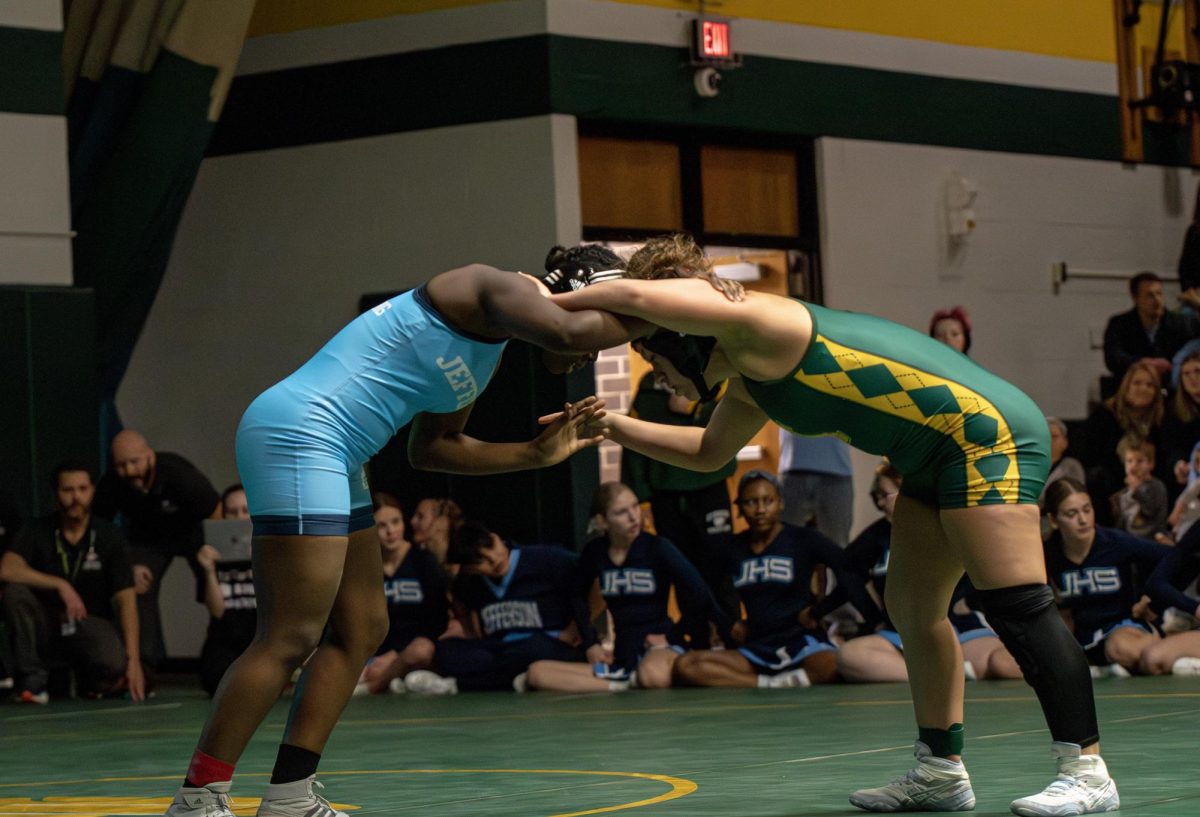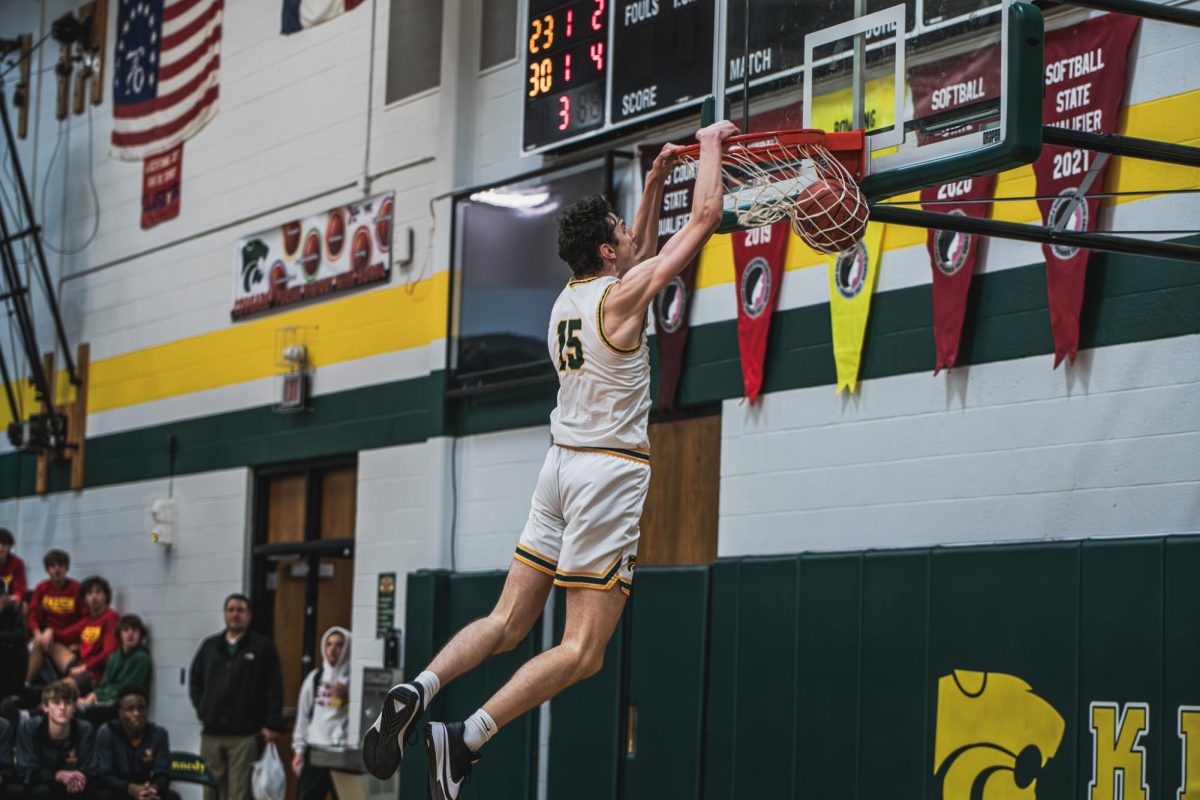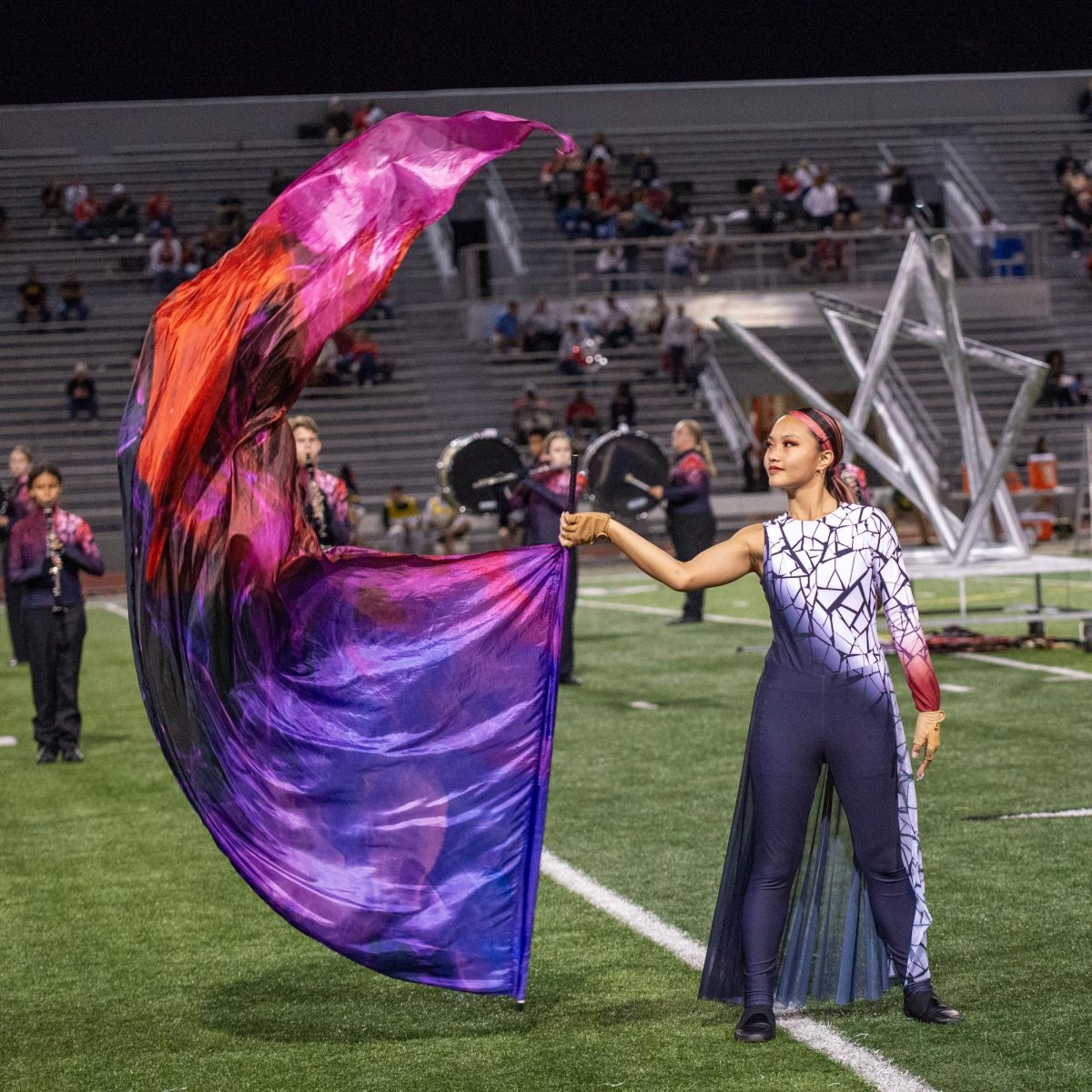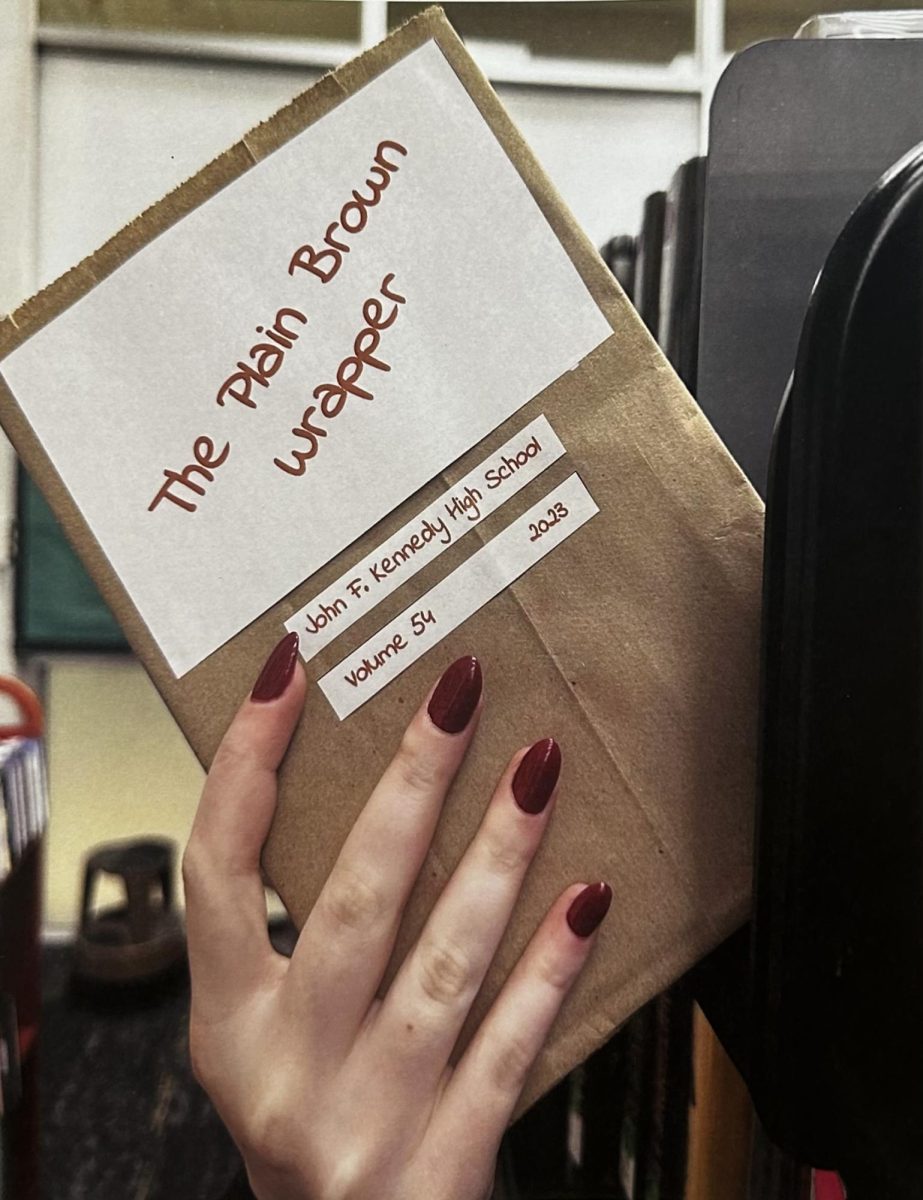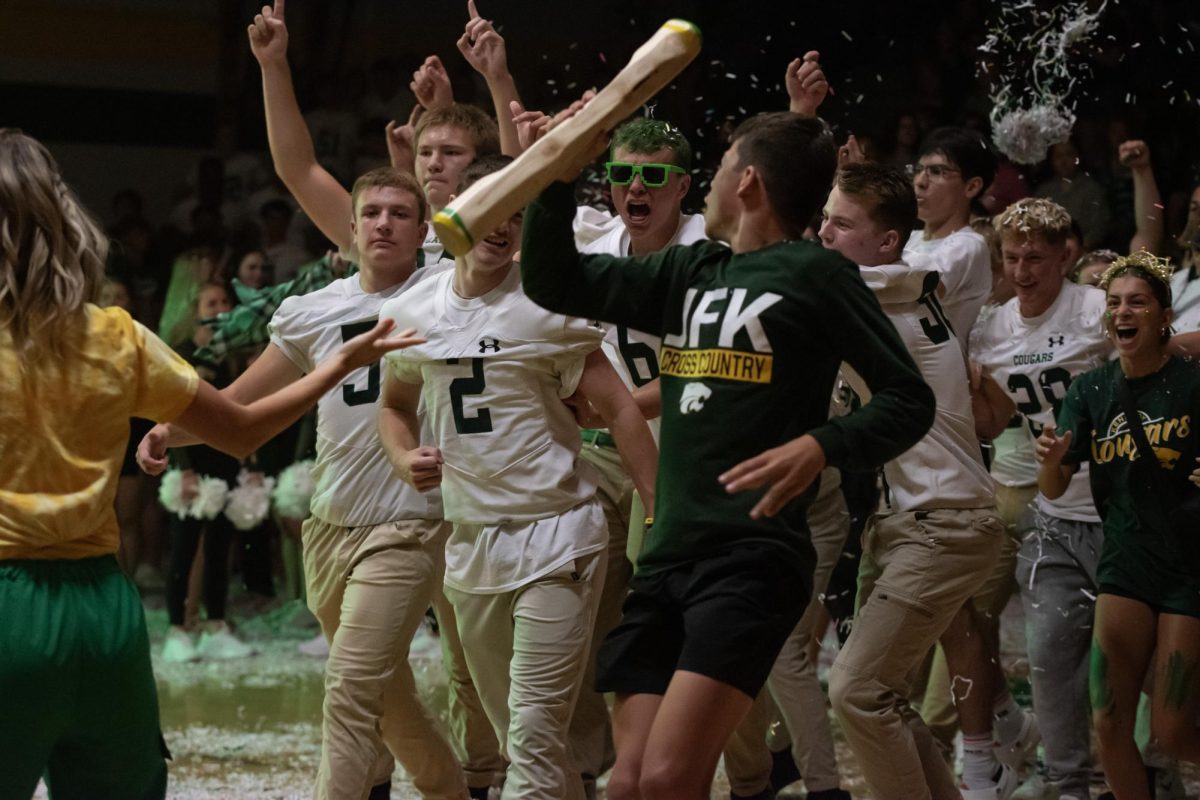Gage Cooper found out the hard way how the Kennedy High School disciplinary procedure works. Last year Cooper, then a junior with every expectation of graduating from Kennedy, was caught with marijuana in his car and arrested twice for underage drinking. “It was mostly just being in the wrong place at the wrong time,” Cooper said.
Cooper’s possession of marijuana occurred when the Cedar Rapids Police K-9 Unit found it in his car. He was also arrested twice for underage drinking, once in Iowa City where he was charged with a PAULA (Possessing Alcohol Under Legal Age), and the second time when he was drinking at Palo with friends. He was caught and arrested by the police.
He feels these problems affected his schooling. He thinks his teachers prejudged him and considered him a troubled student. He felt discouraged from taking part in extra curricular activities such as football and swimming that he had enjoyed as an underclassman. He would have to sit out a full season due to his multiple infractions. “The student body definitely viewed me differently, even though they all were doing the same things, and just hadn’t been caught yet. They all labeled me after that,” Cooper said. He got so discouraged that he finally dropped out of school.
The school’s punishment resulted in Cooper missing his finals. “Once the ball started rolling, it completely discouraged me in every way possible to get back to where I was before,” Cooper said. While he agrees that he was treated fairly by Kennedy, he believes that punishment should be other than being suspended and missing activities. These would have bettered him as a student he says. He feels everyone expected him to continue to misbehave, and that he was already labeled after being caught the first time. “With all the consequences piled on top of each other, the whole school buzz was killed all together,” Cooper said. Ironically, the police were more tolerant of his mistakes than the Kennedy school rules.
Kennedy’s disciplinary process is a district policy. It clearly explains the consequences of inappropriate or illegal behavior. Consequences of first offenses, second offenses, and third offenses are clear. District policies are formed by the Activities Council composed of principals and athletic directors.
While there are some wiggle words in the policies, such as ‘up to’ or ‘this may occur’, all three city high schools follow the policy. There typically aren’t exceptions to these policies, but Dr. Mary Wilcynski and Activities Director Aaron Stecker discuss individual cases to make certain they are in agreement as to how the policies are to be applied to each student. “We try to look at every situation, case by case, and look over all circumstances. There isn’t much wiggle room but we make sure to listen to their side of the story,” Stecker said. There is an appeal process if students or their parents do not agree with the final decisions that are reached, but rarely are formal appeals taken from a school’s disciplinary decision.
Students speculate about the “mere presence rule”. Many students are unclear of its particulars. “We don’t have a ‘mere presence rule’ at Kennedy. If police show up at a party where you are, and underage drinking is going on, I strongly urge you to ask the police to do a breathalyzer test on you, so that you’re totally clear. Then there is clear evidence that you were not participating. So if you’re merely present, and not involved with alcohol consumption, you will not get into trouble with the school,” Wilcynski said.
Pictures, whether from Facebook or sent anonymously to administration, can be of concern for students. The current administration at Kennedy chooses not to get their information from these sources. “We’re not out there trying to get kids in trouble; we’re trying to help kids stay safe. We’re trying to help kids make good decisions,” Wilcynski said.
Cedar Rapids police have a different standard. The police’s criminal standard is higher so there are instances in which the police may not press charges, but the school still takes disciplinary action. The police’s standard is “beyond a reasonable doubt” while the school’s is by a “preponderance of the evidence”.
The Iowa State Legislature recently added into the state code a provision requiring law enforcement agencies to report the arrests of any students to their high school, with a letter sent to the superintendent, and is then forwarded to the student’s school.
Gage paid a very heavy price for his actions. He wasn’t able to finish his finals. As a result, he ended up dropping out of school. He is the exception, rather than the rule, however, as many students who leave school under similar circumstances never get a high school degree or its equivalent, or have lifelong problems getting employment. He now has a good job and is working towards his GED. “I’m now doing better than ever,” Cooper said.



